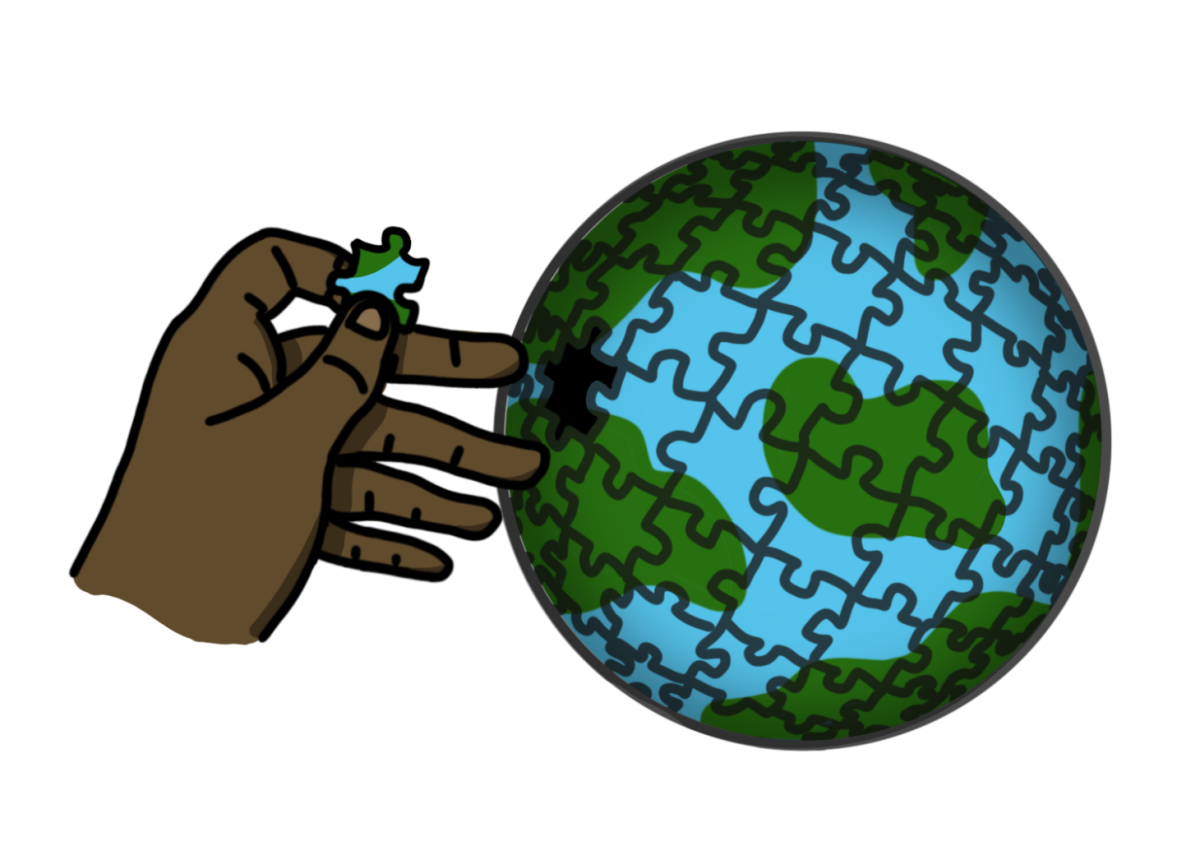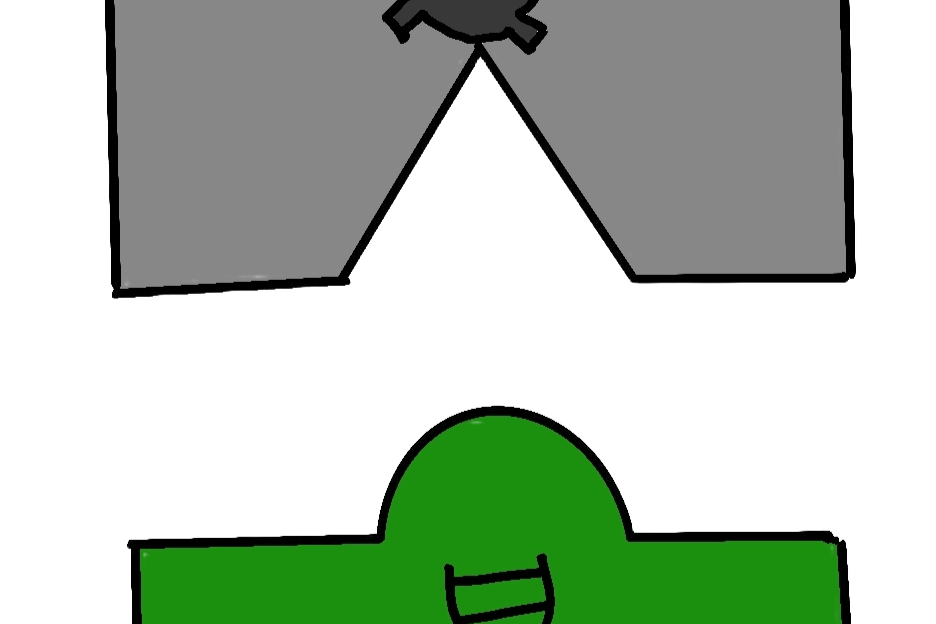It has long been known that climate change is happening, and that our everyday consumption of fuels and products contribute to the rising temperatures. But what people don’t usually think of straight away is how diet can affect the environment.
Yes, I am talking about vegetarianism. I have been a vegetarian for almost a year now, and recently been reflecting on my journey of cutting out meat and various dairy products with my family, and we’ve been discussing different kinds of vegetarianism along with what reasons I myself abstain from meat products.
Not only do people abstain from meat for religious, dietary or ethical reasons, they also stay away from consuming animal products for a better environmental impact.
Beef industries take up a lot of water and energy. According to a study from 2010 conducted by Water USGS gov, California uses around 101 to 250 million gallons of freshwater and groundwater for livestock, coming in as the second state for most bovine water consumption.
But of course, not everyone wants to give up meat in the blink of an eye — or at least, not for the rest of their lives. So the question of eating meat less frequently throughout the week comes to the table.
There’s actually a dietary lifestyle for this concept; flexitarian. Combining ‘flexible’ and ‘vegetarian’ to create this new term perfectly exemplifies what flexitarians are; mostly focused on eating vegetables and simply reducing their meat intake.
Flexitarians will eat meat on fewer occasions, and mostly opt for meals that do not have animal products, cutting down their meat consumption more than the average meat eater.
Studies show families who have ‘meatless mondays’ and ‘fish fridays’ save water. According to the Meatless Monday Website, a quarter pound of beef takes 425 gallons of water to make, whereas soy takes only 75 gallons.
Some people are’ financial vegans’, and buy no meat unless it is free to them, saving their pocketbooks while working for a cause. Meat is expensive, and the average meat consumer can save $2,200-$3,000 each year, by just eat four less meals that have meet each week would save around $600-$800 per year, according to SomethingFinance20.
Others run into the ethical farm dilemma; if a chicken has been happy all its life living on a nice farm, and cannot stop itself from making eggs, is it ethical to eat them? Some will say yes, as the chicken was not harmed and is not contributing to global warming since it lives on a small scale operation. Besides, if you didn’t eat the egg, it could potentially become food waste.
Either way, it is up to the consumer to decide what is ethical to them and what makes the most important change for them personally. After all, becoming vegetarian is a personal choice.
Eating less meat could have health and ecological benefits, and decreasing the rate of one’s overall consumption could do a considerable amount of good for the environment and our population.
Making educated decisions about what kinds of dietary changes one can make to fit within a lifestyle is important for everyone’s health, as well as the planet’s.








